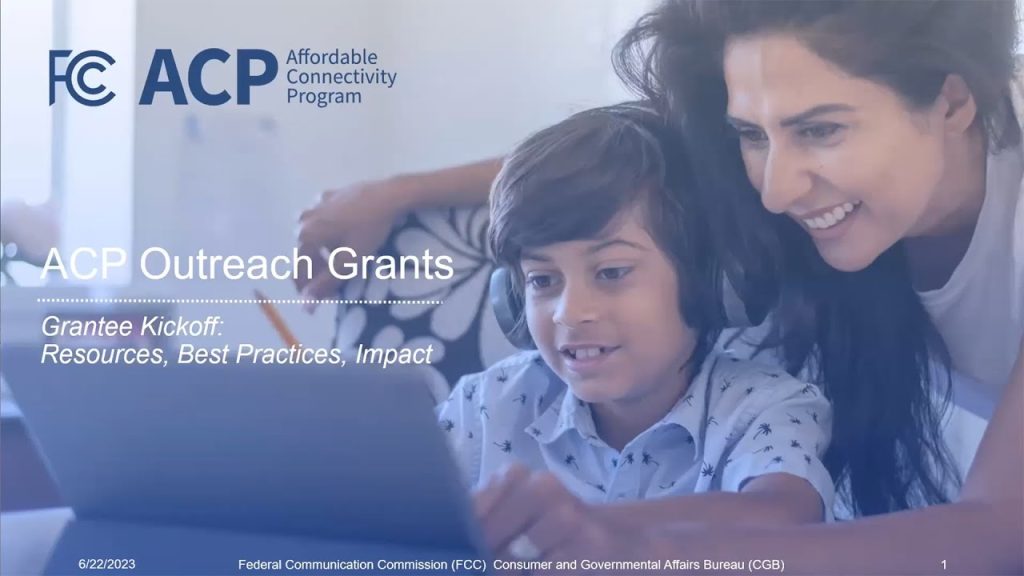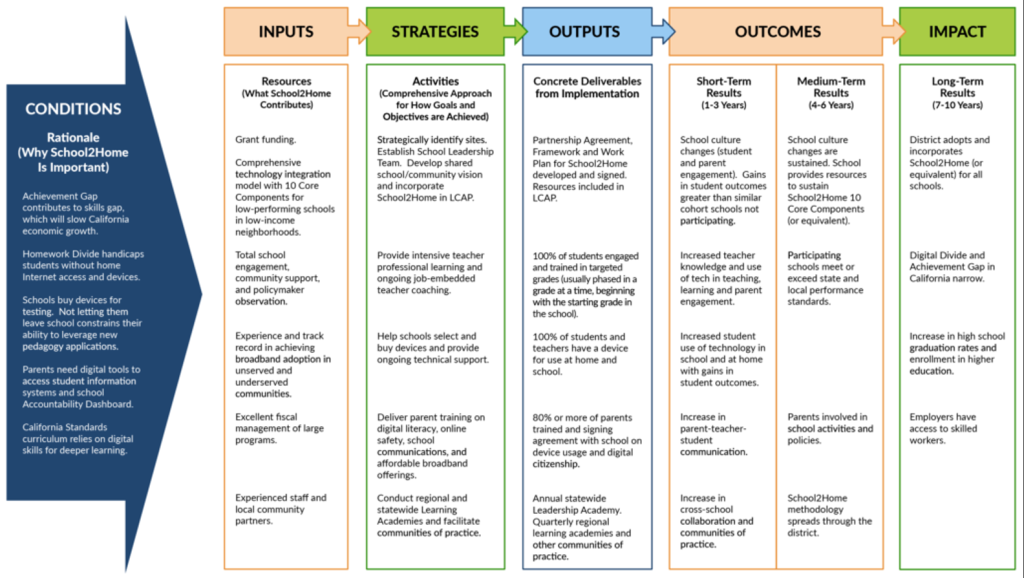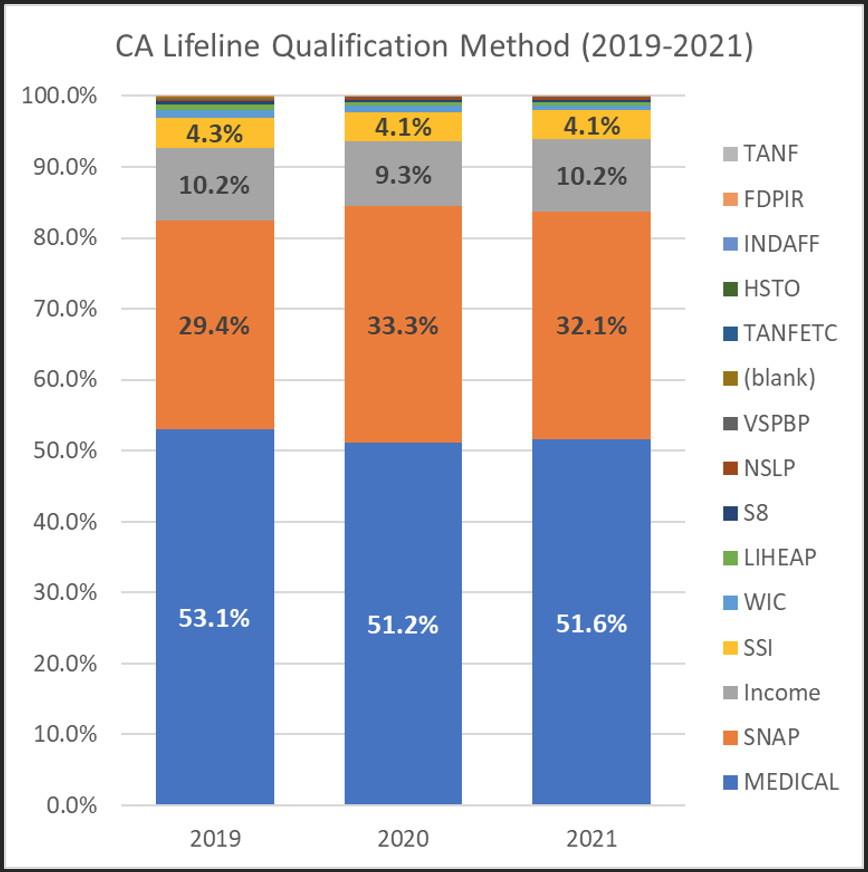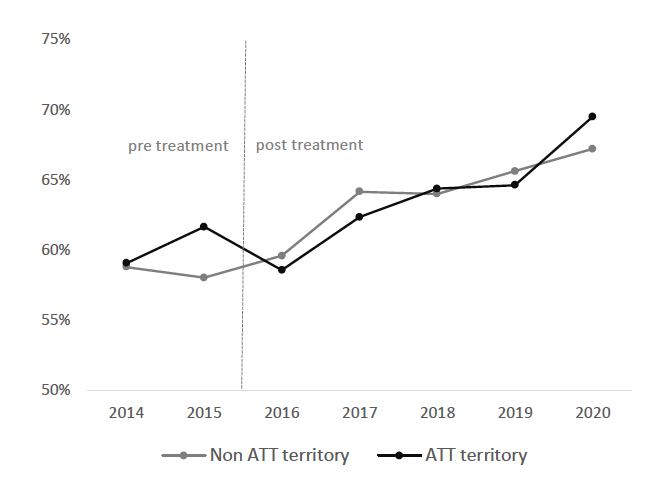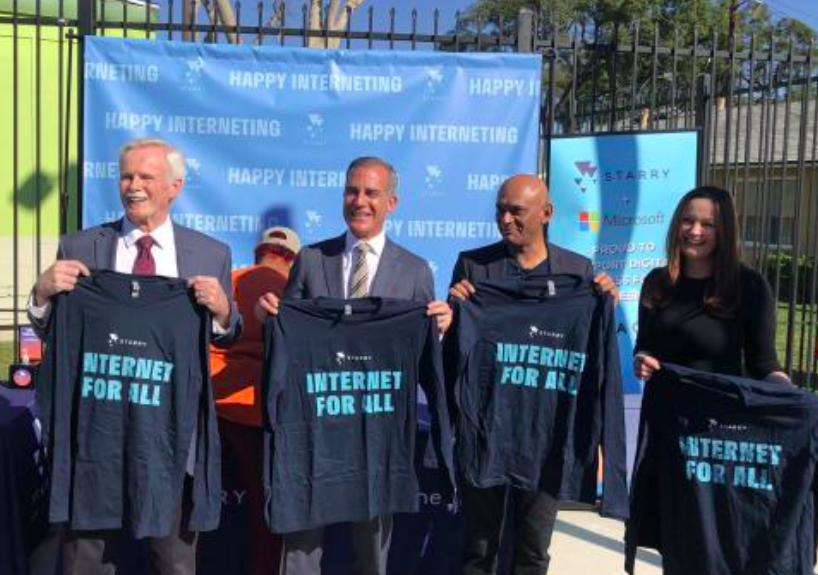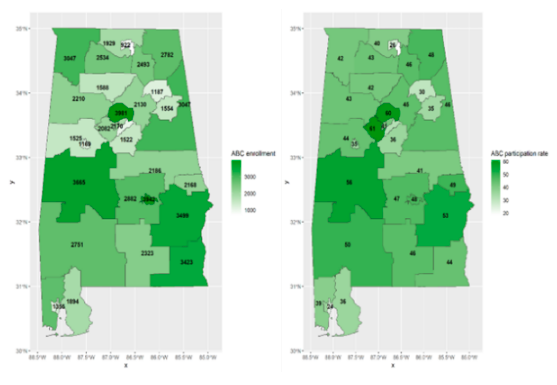Posts by kjang
BEAD Program Targeting: A preliminary analysis
This policy brief examines the targeting of the Broadband Equity, Access, and Deployment (BEAD) program, a $42.45 billion federal initiative under the Infrastructure Investment and Jobs Act (IIJA) aimed at expanding high-speed internet access the United States. The analysis links state-designated BEAD-eligible locations to key demographic indicators, focusing on “BEAD clusters” – census block groups where…
Read MoreThe Impact of the Affordable Connectivity Program Outreach Grant on Local Community Organizations in Southern California
This report examines the impact of the Federal Communications Commission’s Affordable Connectivity Program (ACP) Outreach Grant on three local community organizations in Southern California: the California Emerging Technology Fund (CETF), the Korean American Federation of Los Angeles (KAFLA), and United Ways of California (UWCA). These organizations leveraged their community ties and utilized diverse outreach strategies…
Read MoreMEDIA Executive Summary Report
This report summarizes findings from the Measuring the Effectiveness of Digital Inclusion Approaches (MEDIA) project, which evaluated different programs and regulatory mechanisms to increase residential broadband adoption on a sustainable basis. The project set out to answer fundamental questions about these initiatives, with a focus on those launched after the onset of the COVID-19 pandemic,…
Read MorePivoting to On-Line Teaching in the Riverside Unified School District
This case study reviews how the RUSD and its S2H participating schools took steps to mitigate the digital divide. An evaluation of RUSD and its S2H schools suggests important recommendations on how digital inclusion programs can provide sustainable digital inclusivity for all students, parents, and teachers. The lessons RUSD learned during the pandemic offer benefits…
Read MoreThe California Lifeline Program
California’s Lifeline program is widely recognized as one of the most successful state Lifeline programs and therefore constitutes an important case for the MEDIA project to study. This report examines the history and characteristics of California Lifeline, including historical participation rates, the program’s targeting efficiency, and barriers to enrollment. It identifies the following three main…
Read MoreHave Affordable Broadband Plans Helped Connect Low-income Households? Evidence from California (2014-20)
In recent years, state and federal regulators have imposed obligations on Internet Service Providers (ISPs) to offer affordable broadband plans as a condition for approving proposed mergers and acquisitions. The details vary in each case, but the obligation typically involves making available a basic, standalone broadband plan at a price significantly below market rates for a…
Read MoreDigital Inclusion in Public Housing: The case of HACLA
This report explores the digital equity efforts of the Housing Authority of the City of Los Angeles (HACLA), one of the largest public housing organizations in the U.S. Based on expert interviews and a review of public documents from HACLA, this report reveals how barriers for connectivity faced by families that received housing assistance can be…
Read MoreBroadband Vouchers: Evaluating the Alabama Broadband Connectivity Program
The Alabama Broadband Connectivity (ABC) for Students program had high uptake among eligible families, particularly in areas with more digitally vulnerably people and areas with majority Democrat voters. The program presents evidence on three critical design elements for increasing uptake in broadband affordability programs: (1) Targeted outreach through trusted messengers; (2) Remove barriers to enrollment;…
Read More
